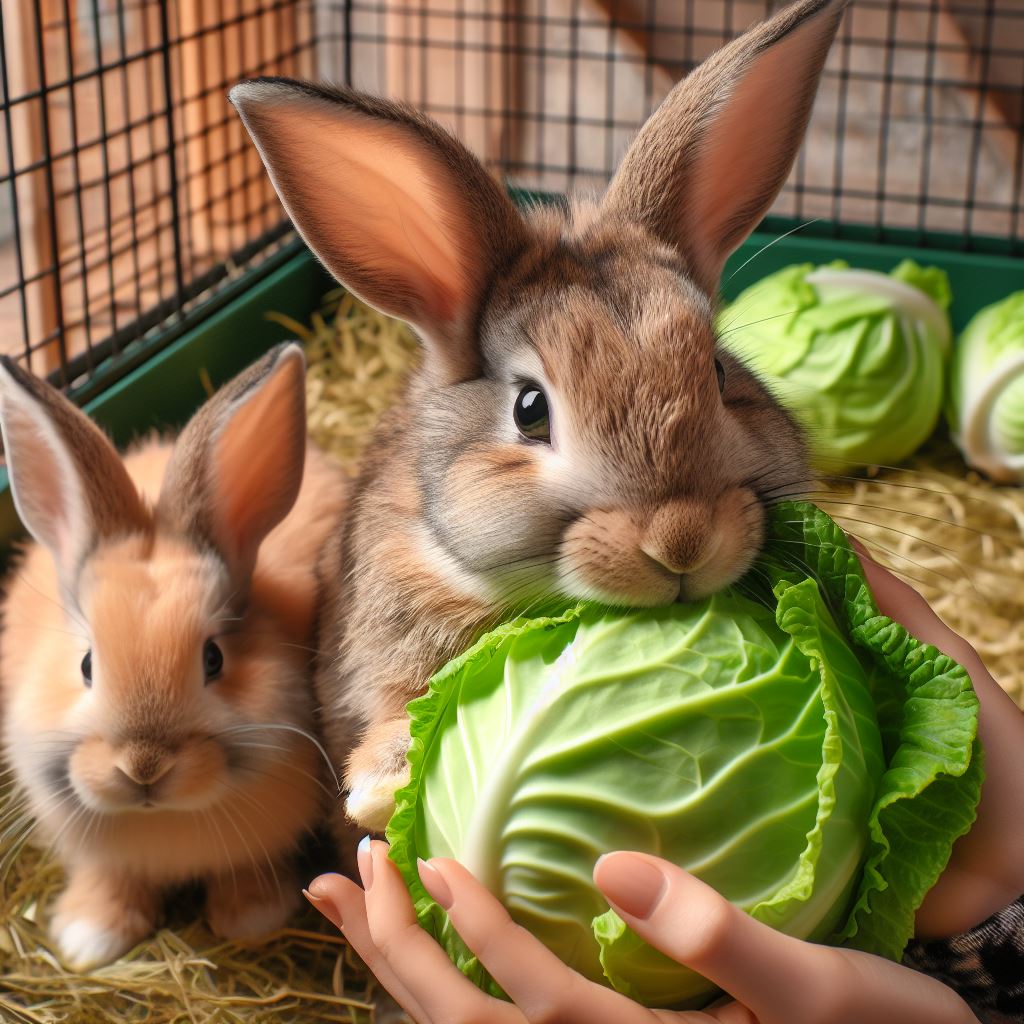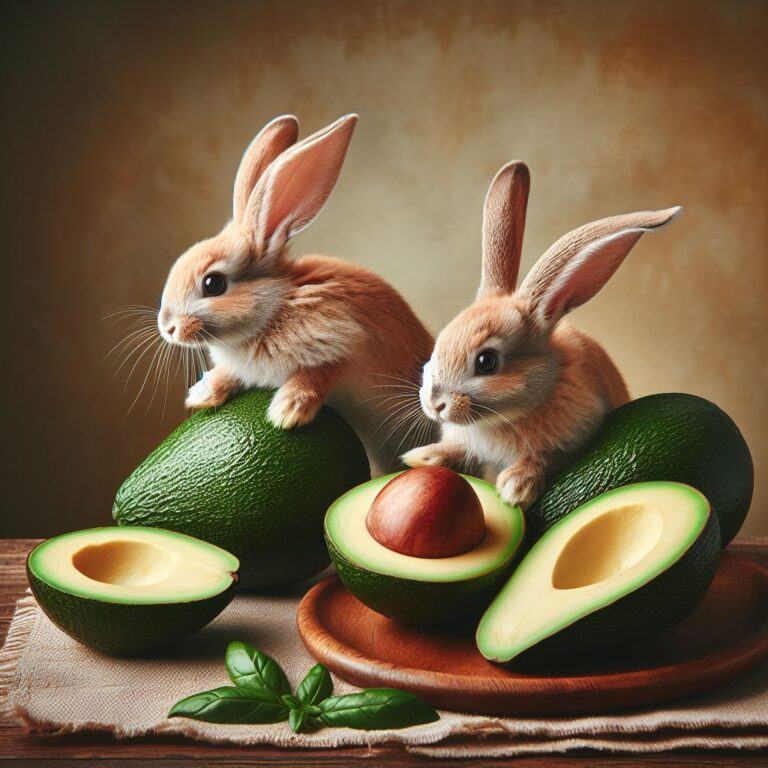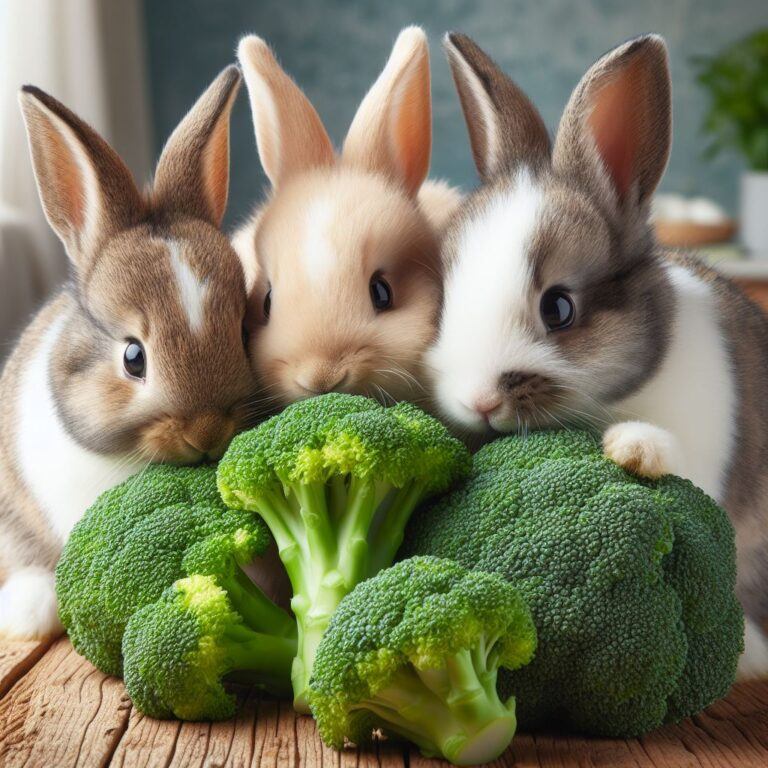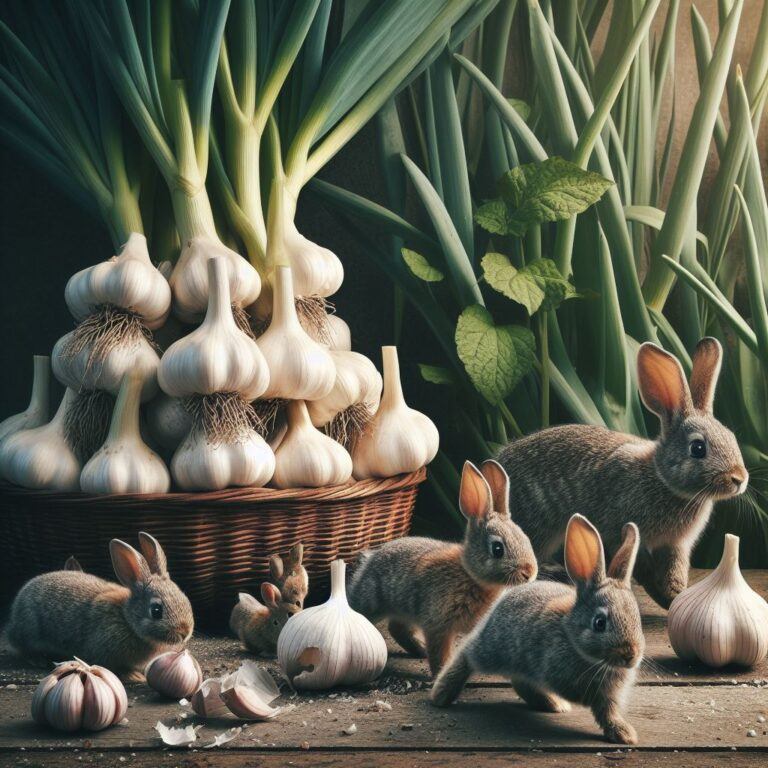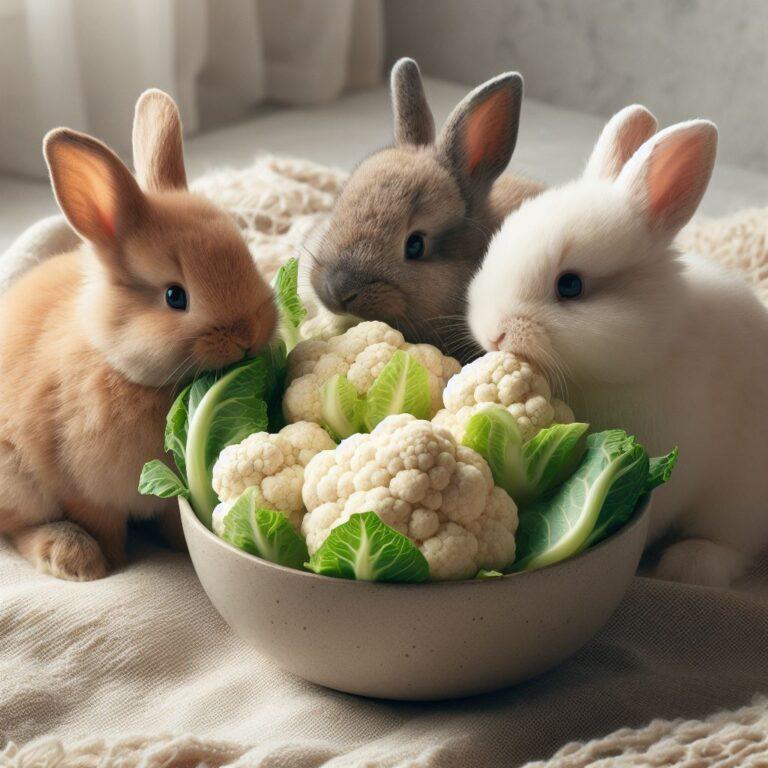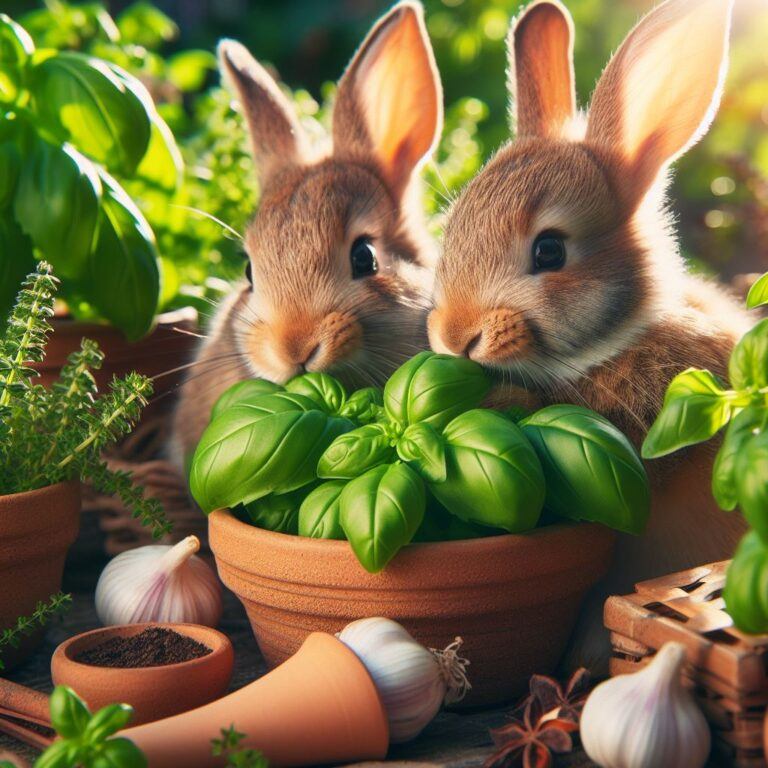Can Rabbits Safely Eat Cabbage
Can rabbits eat cabbage? ABSOLUTELY. When fed in moderation and incorporated correctly, cabbage can be a safe and nutritious addition to your rabbit’s diet. It’s loaded with vitamins C and K, and of course, essential fiber which contributes positively to a rabbit’s health when offered as part of a balanced diet.
Now, before you go ahead and add cabbage to your rabbit’s diet, it’s important to understand WHY it’s beneficial. This leafy green provides essential nutrients that can support the digestive system and overall well-being of your furry friend.
Being rich in vitamin C and vitamin K, cabbage aids in maintaining a strong immune system and healthy bone structure.
Considering your rabbit’s diet, moderation is KEY. Although safe, cabbage should not be the dominant food source.
Introducing small amounts of cabbage, along with hay, other vegetables such as courgette, bell peppers, romaine lettuce, or green beans, and a limited amount of pellets can ensure your rabbit stays healthy.
Start by offering cabbage sparingly, maybe once or twice a week, and observe how your rabbit responds.
Care must be taken with the type and amount of cabbage given. Different types of cabbage, such as green, red, or Savoy, vary in nutrient composition and fiber content.
Therefore, identifying which type suits your rabbit best is crucial for their continuous health and happiness.
How to Introduce Cabbage to Your Rabbit’s Diet
Introducing cabbage or any new food for that matter to your rabbit’s diet must be done with care. The digestive system of a rabbit is sensitive, and abrupt changes can lead to health issues. Here’s a practical guide on how to do it safely:
Start with a small piece of cabbage, no larger than the size of your thumbnail. This allows you to observe how your rabbit handles this new vegetable. Only offer this small amount once and wait 24 hours.
Keep a close eye on your rabbit for any signs of discomfort or digestive distress, such as bloating, diarrhea, or lethargy. If any of these symptoms occur, it’s best to remove cabbage from their diet and consult a vet.
If your rabbit shows no adverse effects after the initial 24 hours, you can slowly increase the amount of cabbage over time.
Patience is key. A gradual increase would mean adding just a little more than the initial thumbnail-sized piece each day.
Balance is crucial in a rabbit’s diet. Even with a the successful introduction of cabbage, it should only complement their primary diet of hay, pellets, and other fresh vegetables advised by your vet.
Diversity is as important as balance. Rotate cabbage with other rabbit-safe vegetables to provide variety and prevent dependency on any single food source.
Lastly, ensure your cabbage is fresh and free from pesticides. Wash it thoroughly before offering it to your rabbit to remove any potential harmful residue.
Potential Risks and Precautions When Feeding Cabbage to Rabbits
While cabbage is generally safe for your furry friend, it’s not devoid of concerns.
Overconsumption can lead to health issues due to the complex sugars in cabbage, which can cause gas and bloating, a serious discomfort for rabbits.
It’s essential to distinguish between safe consumption and the instances when cabbage might do more harm than good.
For example, young or particularly sensitive rabbits might experience digestive upset as their systems can be more delicate. Also, certain types of cabbage, like red cabbage, are higher in compounds that can affect the thyroid if consumed in large quantities over time.
You must pay attention to your rabbit’s overall health and behavior after introducing cabbage to their diet and consult with a veterinarian if you observe any concerning symptoms.
The well-being of your pet depends on a careful balance, so diversifying their diet with a variety of vegetables alongside cabbage can help prevent any potential risks.
Cabbage can be a beneficial addition to your rabbit’s diet when offered in moderation and under vigilant observation.
Remember that every rabbit has its own unique dietary needs and tolerance levels.
I strongly recommend you to take note of proper portion sizes, gradually introduce new foods, and always have fresh water available.
This helps maintain a healthy and happy bunny. If ever in doubt, professional advice from a veterinarian should always be your first call in order to keep your pet thriving.

